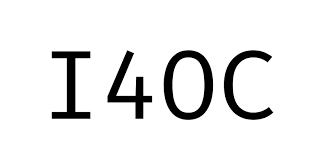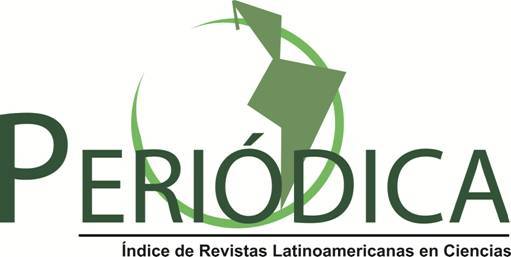HUMATOS DE VERMICOMPOST Y SU EFECTO EN EL CRECIMIENTO DE PLÁNTULAS DE TOMATE (Solanum lycopersicum L.)/ HUMATES OF VERMICOMPOST AND THEIR EFFECT ON THE GROWTH TRAITS OF TOMATO (Solanum lycopersicum L.)
DOI:
https://doi.org/10.18633/bt.v17i2.181Palabras clave:
bioestimulante, fertilidad del suelo, hortaliza/ bioestimulant, fertility of the soil, vegetableResumen
Los bioestimulantes del crecimiento vegetal son sustancias naturales para el tratamiento de los cultivos como activadores de las funciones fi siológicas, por lo que su aplicación permite un mejor aprovechamiento de los nutrientes y representan una opción adecuada para enfrentar problemas de fertilidad de los suelos. El objetivo del presente estudio fue determinar el efecto de humatos de vermicompost sobre variables morfométricas en plántulas de tomate. El diseño experimental fue completamente al azar con arreglo factorial, cuyos factores fueron variedad de tomate Amalia, diluciones de humatos de vermicompost (0 y 1/40,1/50,1/60 v/v) con seis repeticiones por tratamiento. Se realizaron análisis de varianza y comparaciones independientes de medias (p ≤ 0.05). El experimento se realizó en el año 2013 en Granma, Cuba, en malla sombra y se midió la longitud de radícula, altura de plántula, biomasa fresca y seca de radícula y de parte aérea. Se encontraron diferencias signifi cativas para todas las variables (p≤0.05), mostrando respuesta diferencial entre diluciones de humatos y las variables morfométricas. El uso de humatos estimuló todas las variables morfométricas, permitiendo un mejor crecimiento y la obtención de plántulas vigorosas y de mayor calidad. ABSTRACT Vegetable growth bioestimulants are natural substances for crop treatments as activators of the physiological functions, so their application allows a better use of the nutrients and represent an appropriate option to face problems of soil fertility. The objective of the present study was to determine the eff ect of vermicompost humates on morphometric variables in tomato seedling. The experimental design was totally random with factorial arrangement whose factors were tomato variety Amalia, vermicompost humates dilutions (0 and 1/40, 1/50, 1/60 v/v) with six repetitions per treatment. Variance analysis and independent comparisons of means (p ≤ 0.05) were performed. The experiment was carried out in 2013 in Granma, Cuba, in mesh shade and the radicle lenght, traits height, fresh and dry biomass of radicle and of air parts were measured. There were signifi cant diff erences for all the variables (p.0.05), showing diff erential answer among humates dilutions and the morphometric variables. The humates use stimulated all the morphometric variables, allowing a better growth and the obtaining of vigorous and of higher quality traits.Descargas
Descargas
Publicado
Cómo citar
Número
Sección
Licencia
La revista Biotecnia se encuentra bajo la licencia Atribución-NoComercial-CompartirIgual 4.0 Internacional (CC BY-NC-SA 4.0)
















_(2).jpg)








